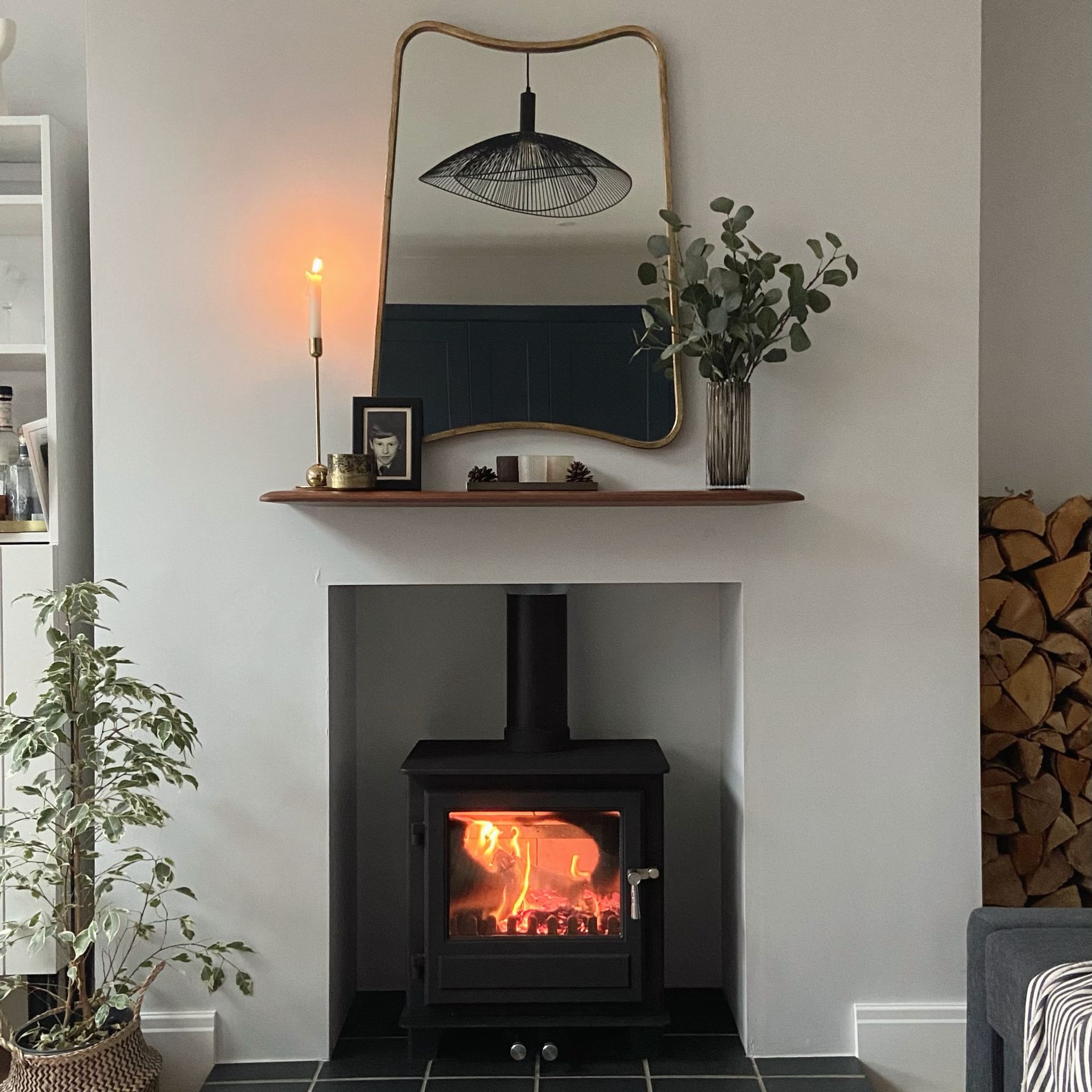'It's absolute rubbish' – consumer expert Alice Beer warns against falling for this money-saving heating hack
This old folk's tale on saving energy isn't everything it was made out to be


Presenter and consumer journalist, Alice Beer, took to ITV's This Morning to share her top money-saving ways to help you keep your house warm this winter – and she's come equipped to address and debunk this common energy-saving myth that we've likely heard one time or another.
In the sea of advice about how to save energy at home, there's only so many we can follow by the book before we start admittedly wavering and becoming lazy in its practice. However, if there's one tip you ought to be clued up on and never fall victim to, it's this: thinking that leaving your heating on all the time on a low setting will save you money.
Spoiler alert – keeping your heating on low all day doesn't save you money, and frankly, Alice even goes onto say that this myth is 'absolute rubbish.'

Alice Beer debunks this energy-saving myth
'Although the energy cap has gone down, that's nothing to do with the amount of energy you're actually using. So personally, you have to reduce your energy consumption, otherwise you are still going to have a massive energy hangover next year,' warns Alice on a segment of This Morning.
'So this is actually quite serious.'
Alice continues, 'Turn the thermostat down to a level that you absolutely just feel comfortable. Then set your timer.'
'Okay, here's the myth. The myth is that if you keep your heating on low it's more efficient than turning it on and turning it off. It's absolute rubbish.'

Alice concludes, 'So, put your heating on a timer. Set it for half an hour before you come home at night and coming on for an hour in the morning, that's all great. But do not keep it on low because you think it's a more efficient way to run your heating. It's not and it will be more expensive.'
Yep, you've heard it here first. Although this is an energy-saving myth that's long been with us (and goodness knows how), many still continue to fall for this easily-avoided energy mistake time after time, resulting in unknowingly high bills.

Commenting further on this energy-saving myth, Andy Kerr, founder of online boiler installers, BOXT says, 'The idea that leaving your heating on low all day will save you money is a myth. The best way to save money on your heating bills is to only use your boiler when you need it so that it does not continually use energy.'
'By only using your boiler when you want warm water or heating, you minimise the energy your boiler uses in the long term. Those who leave their boiler on all the time are more likely to experience significant energy loss, and increased energy bills as a result.'

In any case, keeping your heating on low all day is just as bad as blasting your heating on high for short periods of time (yikes).
Let's just say, Alice has given us a well-needed reality check given the sudden cold spell we're experiencing. Rest assured, we'll be reaching to our other favourite ways to stay toasty and stave away the winter cold.
Get the Ideal Home Newsletter
Sign up to our newsletter for style and decor inspiration, house makeovers, project advice and more.

Jullia Joson is Ideal Home’s Junior Writer. She’s always loved all things homes and interiors, graduating with a bachelor's degree in Architectural Studies from the University of Nottingham in 2022. Previously, she was an Intern Editor for ArchDaily. Now focused on news stories, Jullia can be found down the TikTok and Pinterest rabbit hole scrolling through any new and upcoming trends, hacks, and home inspiration.
-
 How to clean a stained toilet bowl - experts reveal the best cleaning hacks for a sparkling loo
How to clean a stained toilet bowl - experts reveal the best cleaning hacks for a sparkling looYes, a pumice stone is on this list…
By Lauren Bradbury
-
 Sam Thompson and Zara McDermott's 'brilliant design choice' redefines the ordinary all-white kitchen, say experts
Sam Thompson and Zara McDermott's 'brilliant design choice' redefines the ordinary all-white kitchen, say experts'It's a design strategy that effortlessly marries style with substance'
By Jullia Joson
-
 Can you plant bulbs in January? Garden experts have warning if you're planting spring bulbs late
Can you plant bulbs in January? Garden experts have warning if you're planting spring bulbs lateHave you missed the boat?
By Lauren Bradbury


